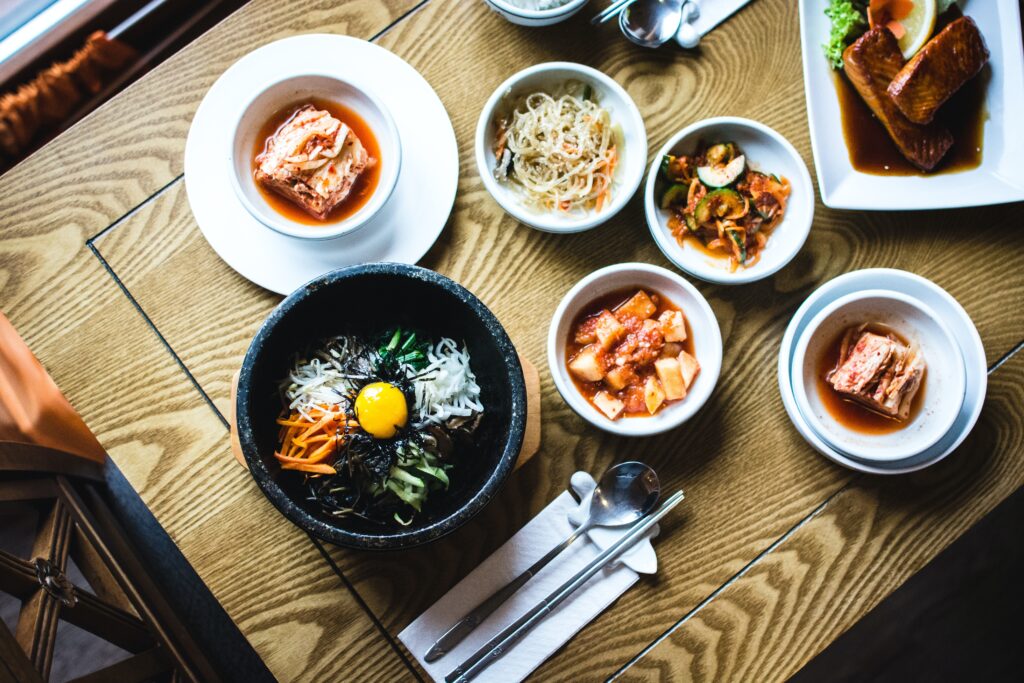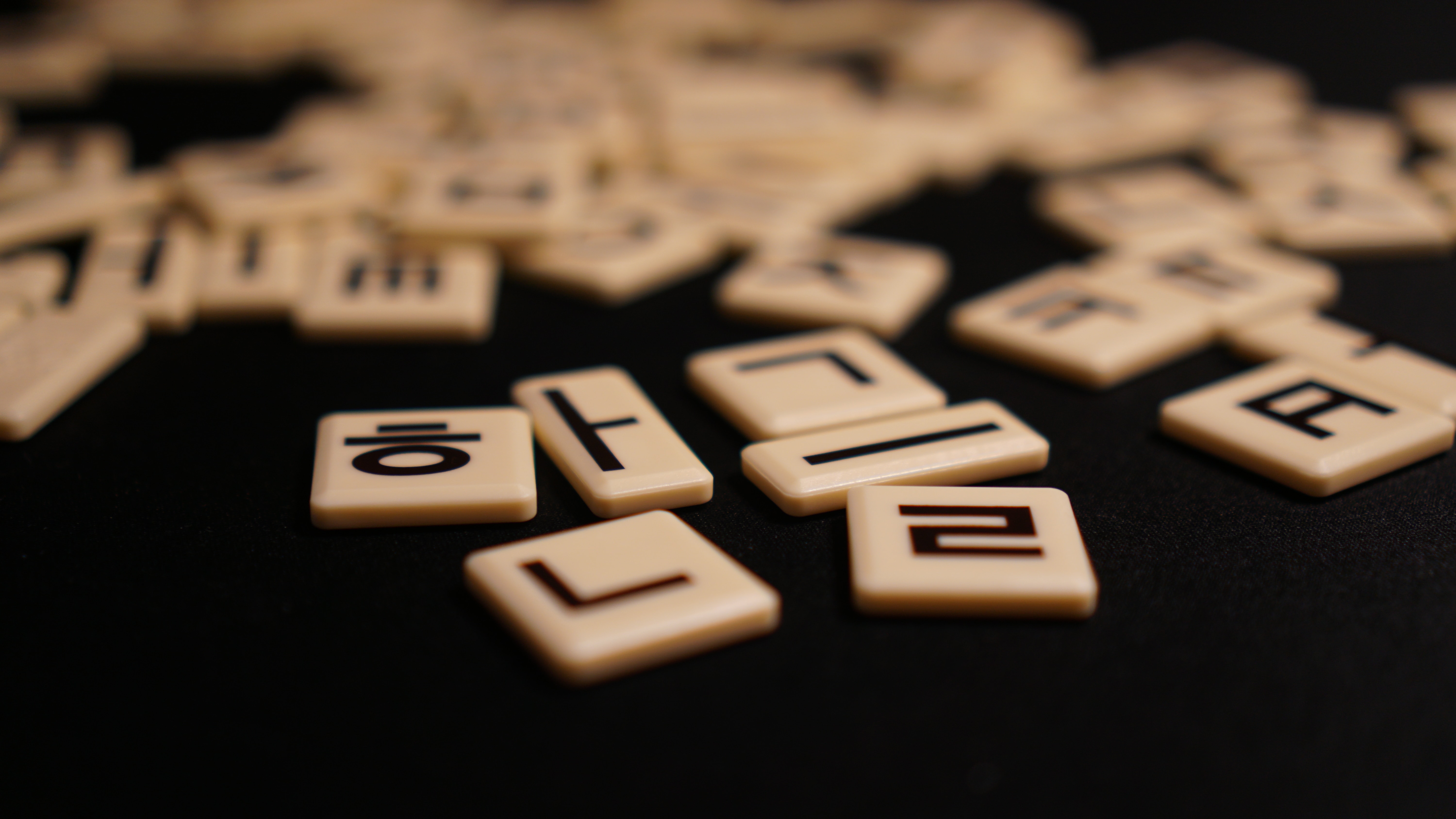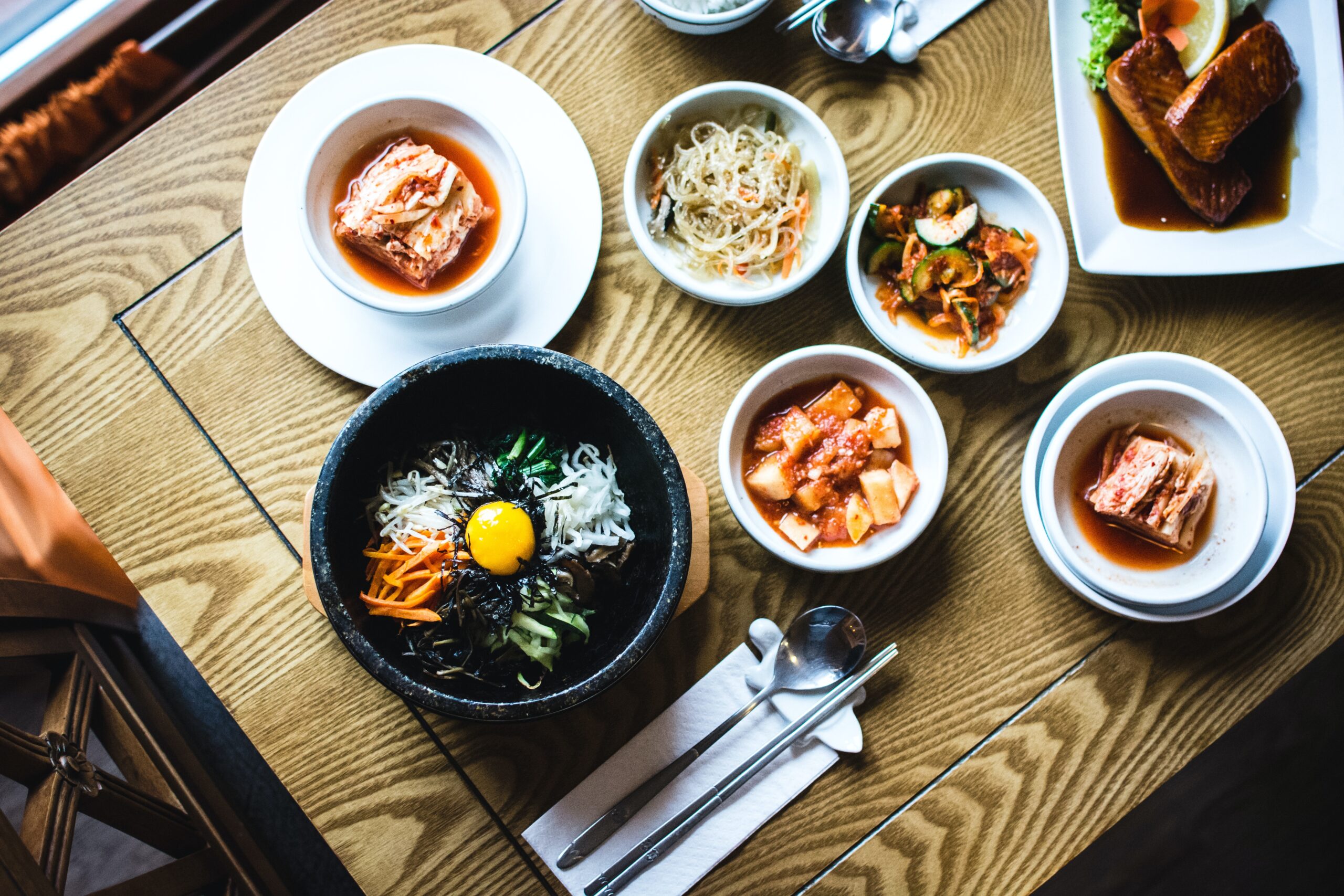Embarking on a journey to master essential Korean words and phrases is more than just a linguistic endeavor; it’s a key to unlocking a richer, more fulfilling experience during your stay in Korea. Whether you’re navigating the bustling streets of Seoul, exploring the scenic countryside, or engaging in daily interactions, having a grasp of survival Korean phrases will significantly ease your day-to-day activities and enrich your understanding of Korean culture.
Koreans deeply appreciate and respect the effort put forth by foreigners to learn and speak their language. Even a simple greeting or a thank you in Korean can go a long way in forging meaningful connections and fostering a sense of community. By learning these vital phrases, you’re not just learning to communicate; you’re showing respect and appreciation for the culture, which can lead to more authentic and memorable experiences.
Whether you’re a seasoned traveler or a newcomer to the Land of the Morning Calm, mastering some essential Korean words and phrases can be a game-changer for your daily life. While many Koreans, especially in urban areas, speak English to some degree, having a grasp of the local language will not only help you navigate daily tasks but also make your stay more enjoyable and meaningful.
In this blog post, we’ll provide the survival Korean phrase for daily life in Korea. These are the words and sentences you’ll find most useful when you’re in Korea, from greetings and introductions to asking for help, ordering food, and getting around.
Greetings and Politeness – Essential Korean words
- 안녕하세요 (Annyeonghaseyo): This is the standard way to say “hello” and is used in most situations.
- 안녕 (Annyeong): A more casual way of saying “hi” or “bye.”
- 고맙습니다 (Gomapseumnida): “Thank you” – showing gratitude is always appreciated.
- 미안합니다 (Mianhamnida): “I’m sorry” or “Excuse me” – handy for various situations.
- 네 (Ne): “Yes” – a simple affirmative response.
- 아니요 (Aniyo): “No” – for when you want to decline politely.
- 저기요 (Jeogiyo): “Excuse me” – use this to get someone’s attention politely.
Introducing Yourself
- 이름이 뭐에요? (Ireumi mwoeyo?): “What’s your name?”
- 제 이름은 [Your Name] 입니다. (Je ireumeun [Your Name] imnida.): “My name is [Your Name].”
- 만나서 반가워요 (Mannaseo bangawoyo): “Nice to meet you.”
Asking for Help
- 도와주세요 (Dowajuseyo): “Please help me.”
- 어떻게 가요? (Eotteoke gayo?): “How do I get there?”
- 도와주실 수 있어요? (Dowajusil su isseoyo?): “Can you help me?”
- 길을 잃었어요 (Gireul ilheosseoyo): “I’m lost.”

Ordering Food – Essential Korean words
- 메뉴판 주세요 (Menyupan juseyo): “Can I have the menu?”
- 이거 주세요 (Igeo juseyo): “Please give me this.”
- 맛있어요 (Masisseoyo): “It’s delicious” – a compliment for the chef.
- 물 주세요 (Mul juseyo): “Water, please.”
Shopping – Essential Korean words
- 얼마에요? (Eolmaeyo?): “How much is this?”
- 비싸요 (Bissayo): “It’s expensive.”
- 싸요 (Ssayo): “It’s cheap.”
- 카드 받아요? (Kadeu badayo?): “Do you accept credit cards?”
Getting Around – Essential Korean words
- 지하철 어디에요? (Jihacheol eodieyo?): “Where is the subway?”
- 버스 정류장 어디에요? (Beoseu jeongryujang eodieyo?): “Where is the bus stop?”
- 택시를 부를래요 (Taeksireul bureullaeyo): “I’d like to call a taxi.”
Emergencies – Essential Korean words
- 도와주세요 (Dowajuseyo): “Help!”
- 응급실 어디에요? (Eunggeubsil eodieyo?): “Where is the emergency room?”
- 112에 전화해주세요 (112e jeonhwahaeseoyo): “Please call 112” (emergency number).

In this series, we’ve covered a range of survival Korean phrases and essential Korean words, providing you with the tools to confidently handle various situations. From ordering food in a restaurant to asking for directions, from shopping to making small talk, these phrases are your gateway to a smoother and more enjoyable stay in Korea.
But our language journey doesn’t end here. In our upcoming posts, we’ll delve deeper into the Korean language, uncovering more useful words and phrases that will further enhance your linguistic abilities and cultural understanding. We’ll explore topics that resonate with everyday life, travel, and even delve into the subtleties of Korean etiquette and expressions.
So, stay tuned for our next installment, and continue to enrich your Korean language journey with us. Your effort to learn Korean is not just about mastering a language; it’s about embracing a culture, connecting with its people, and making the most of your time in this dynamic and fascinating country. Keep an eye out for our upcoming posts, and let’s continue this exciting journey together, one phrase at a time! Meanwhile, if you’d like to get some tips on how to speak colors in Korean and coffee in Korean, please check out my other posts by clicking the links.
